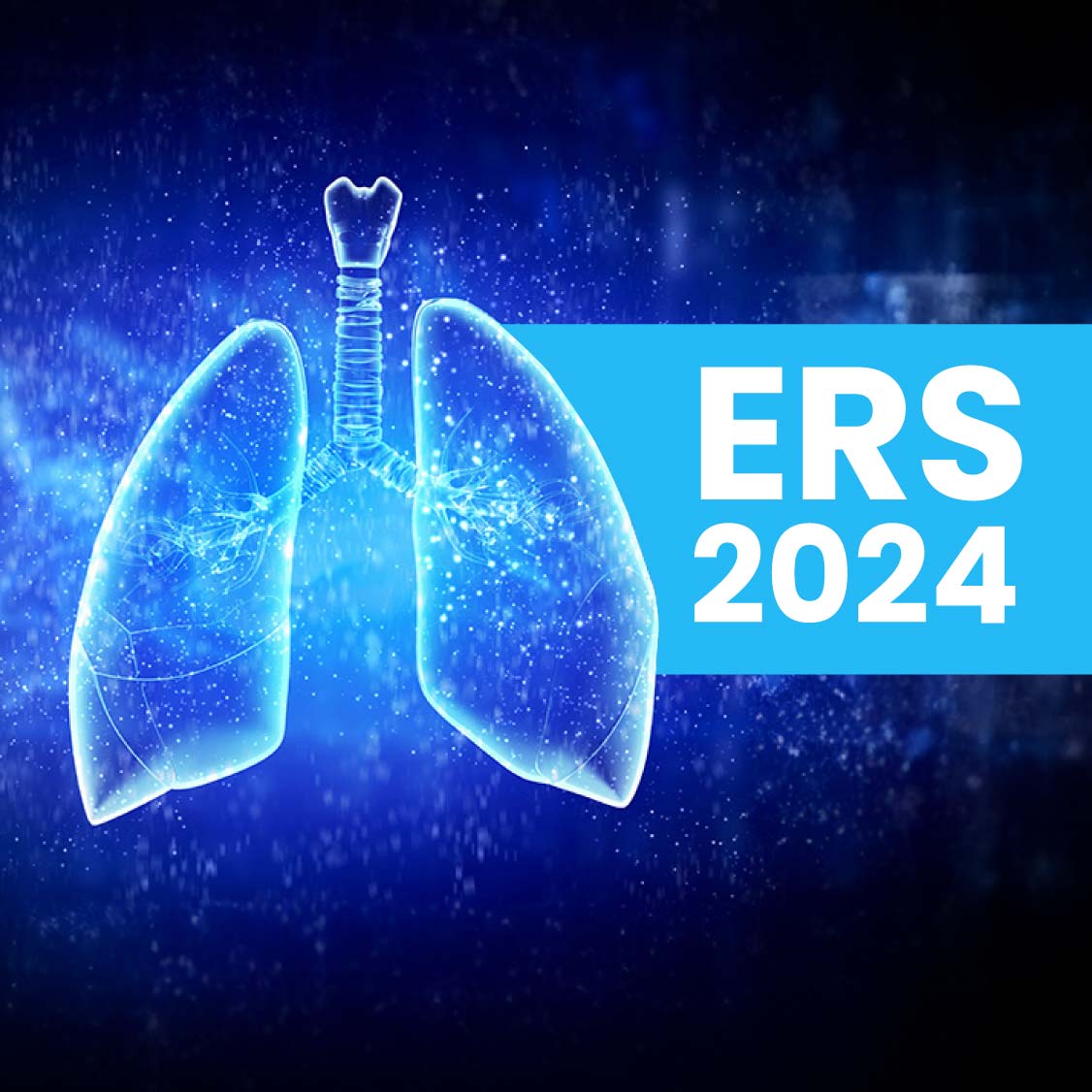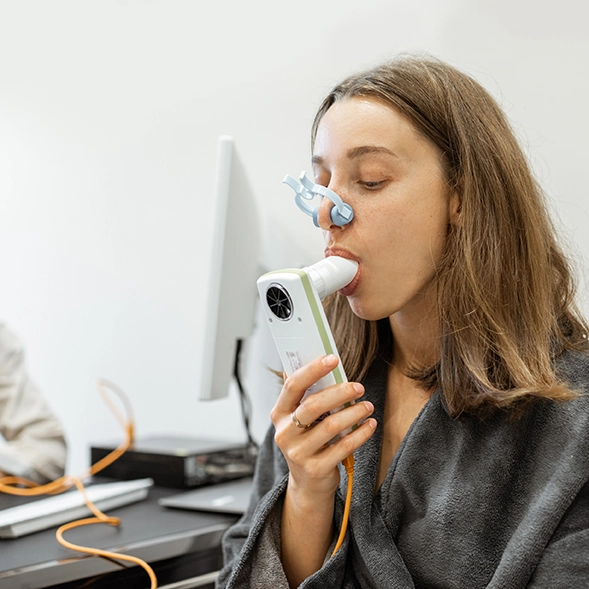Within the realm of chronic obstructive pulmonary disease (COPD), a well-documented association exists between exacerbations and heightened cardiovascular risk, with cardiovascular events showing a propensity to manifest during exacerbation episodes and in individuals classified as frequent exacerbators. This heightened cardiovascular risk during COPD exacerbations is conjectured to stem from elevated levels of inflammation. The principal aim of this research was to investigate the potential correlations between frequent exacerbation occurrences (defined as two or more episodes annually), markers indicative of an inflammatory response, and the presence of coronary artery disease (CAD) within the cohort of COPD patients. A cohort comprising 50 individuals from the London COPD Exacerbation Cohort was subjected to a comprehensive battery of assessments to achieve this objective. These assessments encompassed a range of diagnostics, including CT coronary angiograms (CTCA), CT thorax scans, spirometric evaluations, systemic inflammatory marker analyses, and sputum culture examinations. The study's findings unveiled that a notable association did emerge, while there did not appear to be a direct causal relationship between CAD and the frequency of COPD exacerbations. Specifically, obstructive CAD was linked to elevated plasma fibrinogen levels, discernible bronchial wall thickening as evidenced by CT scans, and specific bacterial strains in sputum cultures. These observations suggest a potential role for inflammation in the intricate interplay between COPD and the associated cardiovascular risk.
Poster ID 1334, European Respiratory Society (ERS) International Congress 2023, Milan, Italy, 9-13 September 2023.ERS 2023: Coronary Artery Disease, COPD Exacerbation and Inflammation
Latest News
Other Conference Highlights
11 Apr - 15 Apr, 25
ESCMID 2025
Vienna, Austria
11 Apr - 15 Apr, 25
ESCMID 2025
Vienna, Austria
11 Apr - 15 Apr, 25
ESCMID 2025
Vienna, Austria
11 Apr - 15 Apr, 25
ESCMID 2025
Vienna, Austria



